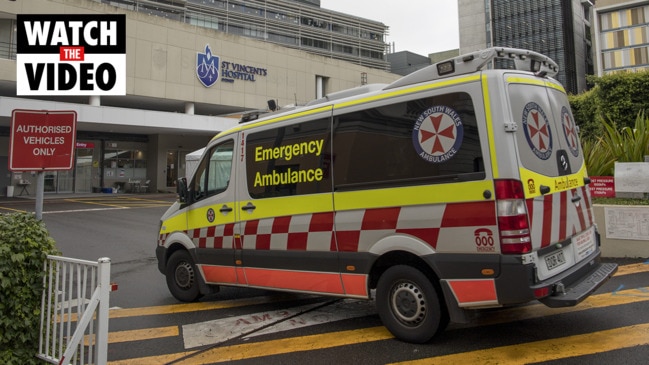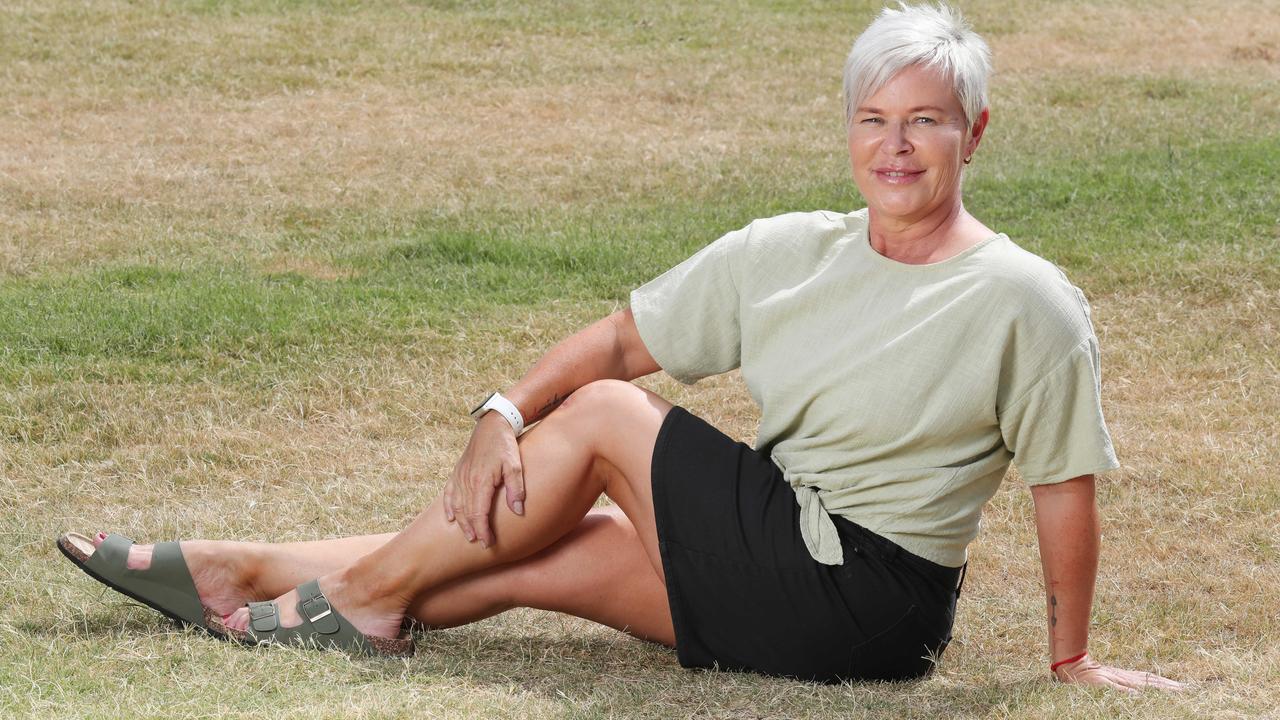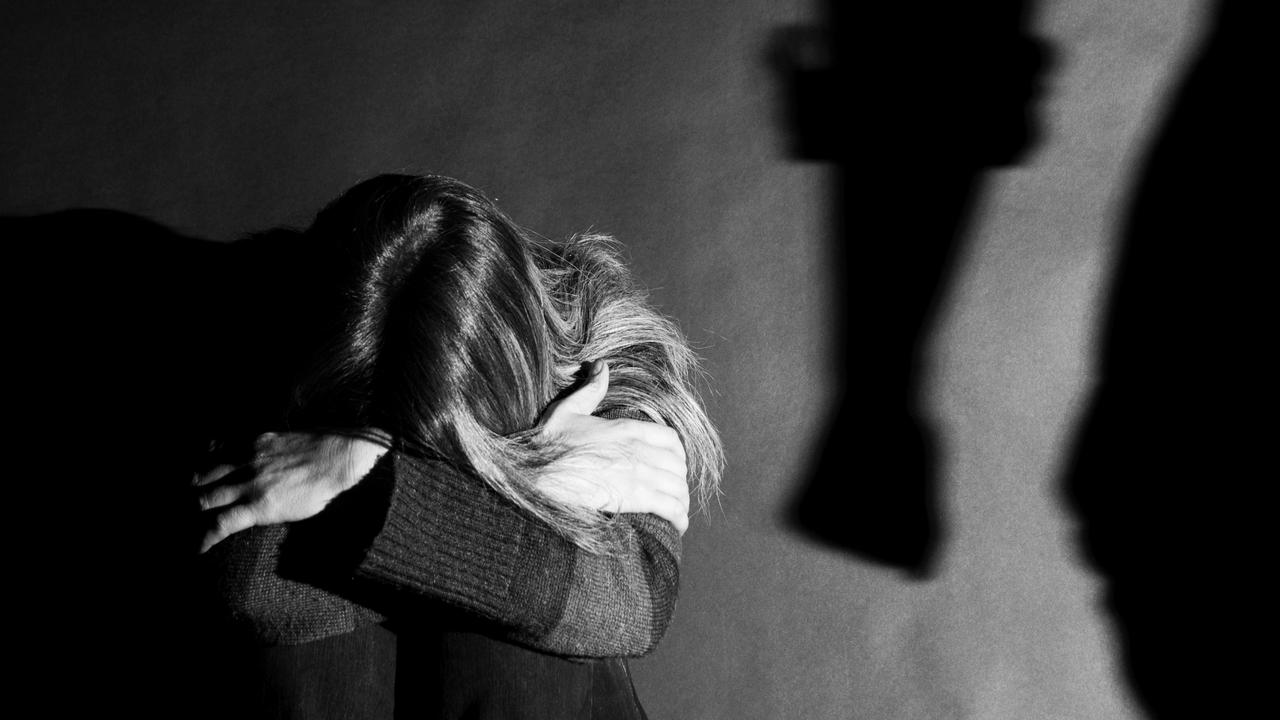Heart Foundation worried for Queenslanders after report
Areas of Queensland have recorded “alarming” rates of obesity and physical activity, new data has revealed.

QLD News
Don't miss out on the headlines from QLD News. Followed categories will be added to My News.
The Sunshine State is the second laziest state in the nation, with new data showing a staggering 68 per cent of Queenslanders are physically inactive.
Only South Australians have been found to be more sedentary in the latest Heart Foundation research, with 69 per cent of their population inactive.
But Queensland fares the worst in the nation on a town-by-town basis, with seven of Australia’s top 10 physical inactivity hotspots and half the top 10 high blood pressure hotspots now found here.
The new Australian Heart Maps data shows the Sunshine State is a heart attack waiting to happen, with Central Queensland having the highest blood pressure rates in the country and some areas recording “alarming” rates of obesity and physical activity.
Logan and Beaudesert have the fattest people in the state with 39 per cent obese, followed by the Darling Downs with 38 per cent obesity. Cairns has the highest number of smokers at 20 per cent.
“It’s concerning to see Queensland regions have some of the worst rates of high blood
pressure, a condition that can be silent yet puts you at greater risk of a heart attack or stroke.” Heart Foundation Queensland chief executive Stephen Vines said.
High blood pressure is a big problem in Mackay-Isaac-Whitsundays, Townsville, Wide Bay and Toowoomba areas, which rank numbers 4, 5, 6 and 10 out of all the regions across Australia.
Queensland is the second most inactive state after South Australia, with both states worse than the national average of 66 per cent, but levels of inactivity as well as obesity vary greatly depending on where you live.
Mr Vines said the results highlighted a great divide in heart health across some communities.
“It’s no coincidence that regions with the highest rates of heart disease are also likely to be the most disadvantaged areas. Unsurprisingly, we are seeing alarming rates of obesity and physical inactivity in these hotspots, which have huge implications for residents’ future heart health,” he said.
Nationwide, heart disease deaths are more than 50 per cent higher for Australians in very remote locations compared to their capital city counterparts.
In the Queensland Outback, which has the highest heart disease death rates in the state and
second highest in Australia after the Northern Territory Outback, they are close to twice as high as in Brisbane’s western suburbs.
Almost all the hardest-hit regions for deaths are outside metro areas, except for Brisbane South, which ranks third. Queensland’s top 10 for hospitalisations are all in regional or rural areas.
“The Heart Foundation is committed to bringing these numbers down and improving the heart
health of all Queenslanders. We implore Queenslanders to take action to protect their heart health – if you’re 45 and over, or from age 30 if you’re Aboriginal or Torres Strait Islander, talk to your GP about having a Heart Health Check,” Mr Vines said.
Labradors are good for your heart according to the latest science

Emma Wilson had a heart attack at the age of 45 when she was bodybuilding.
The Brisbane woman said a relationship break-up had sent her anxiety and stress levels through the roof but she never imagined a heart attack was on the cards.
“I had high blood pressure but put it down to the stress. I also felt a heaviness weighing down on the chest but shrugged that off as coming from serious workouts preparing for competition. To be honest I put the signs to the back of my mind,” she said.
“I was on a cruise with my daughters and ended up being airlifted off the ship. I had a stent put into my heart and it was totally traumatic. I felt a bit embarrassed too that as a personal trainer and a bodybuilder I could have had a heart attack. I didn’t talk about it for ages. Now I want to warn people to not ignore high blood pressure and look out for the signs that something is not right. See a doctor right away,” Ms Wilson said.




